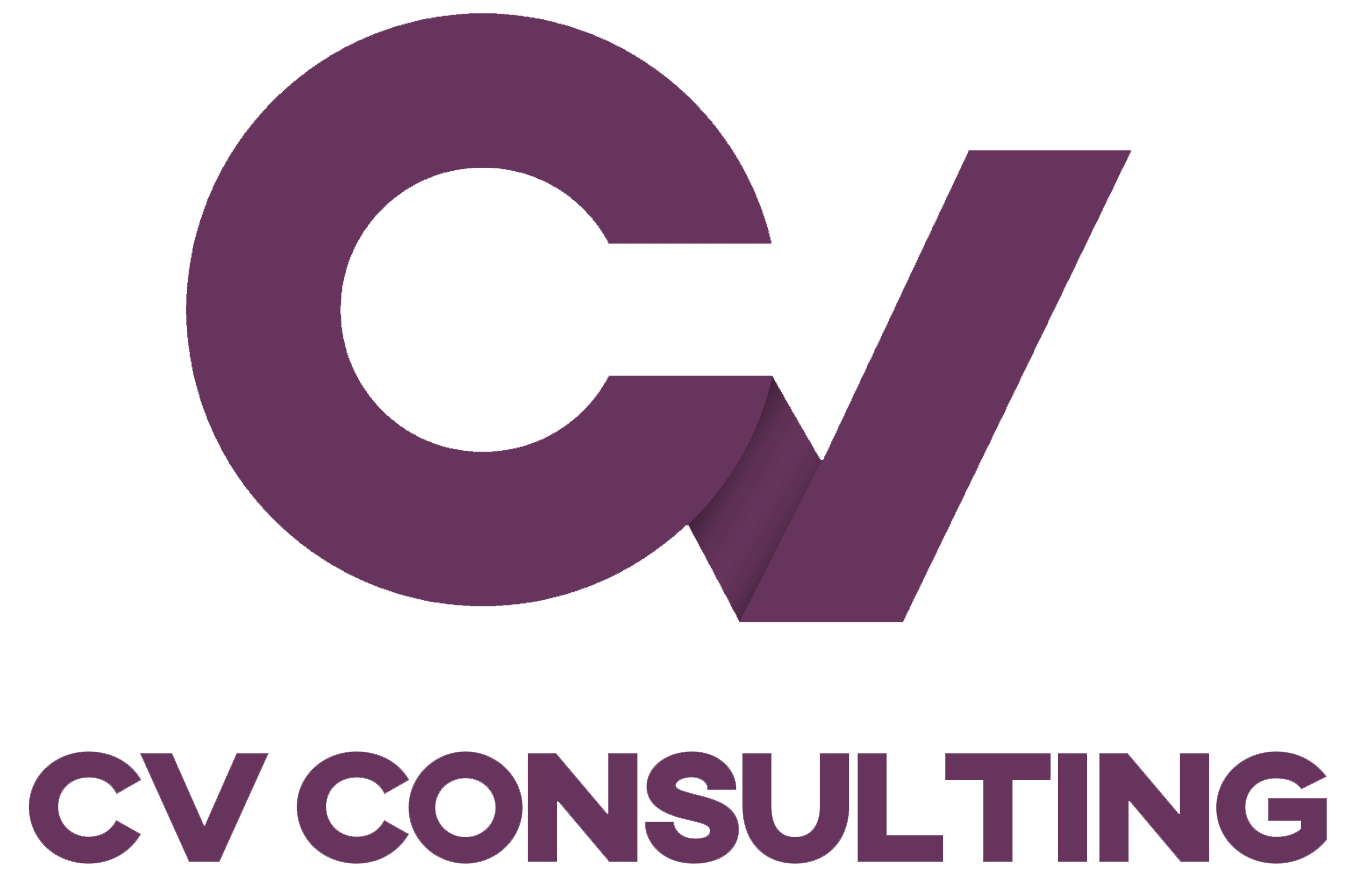Tips for Overcoming the Engineering Skills Shortage
With a reported 49% of engineering businesses ‘experiencing difficulties recruiting workers with the skills they need’ in the UK, now is a challenging time to attract and retain top talent.
To tackle this, businesses are looking inward to improve training and career development opportunities for employees as well as considering candidates who may not fit an exact candidate profile.
In this blog, we cover our best tips for creating skilled engineering teams, ideas on broadening your job search and the role of having an Employee Value Proposition (EVP) in retaining and developing top talent.
Auditing and Upskilling Your Existing Team
Before jumping directly to the external (and highly competitive) market, it’s first worth considering the talent you already have. This approach has a number of benefits including reducing risk both in terms of cultural fit and knowing the candidate will perform the role as promised during the interview process.
Internal candidates can also skip any broad onboarding process and be able to immediately apply existing knowledge of the organisation and its people. And of course, you’ll be able to retain your most valued employees when they can see a long-term career with your organisation.
Hiring Managers working within the engineering sector can implement a few simple strategies to uncover any hidden gems already working within the organisation.
- Assess Existing Skills You can start the process by auditing the current skill sets of your team members, making sure you capture experience prior to their current roles and areas of special interest. By having a formal register of skills and experience, you can search internally as your first point of reference before going to the broader market.
- Promote Cross-Collaboration Encouraging collaboration between different project teams and promoting a culture of internal mobility offers employees the opportunity to learn different ways of working and expand their knowledge base.
- Develop Training and Development Plans Formal training and development plans should be created for each employee based on specific and measurable development goals. It should also outline proposed courses, workshops or training programmes linked to each specific development goal. These development plans can also incorporate learning objectives for the organisation as a whole as well as the individual.
- Create a Culture of Learning You can establish a culture of continuous learning by providing your teams with time and space to focus on their learning and development. This can include study days or regular blocks of time set aside each month to focus on training and development.
- Establish Internal Talent Pools Try to remove any procedural or technical barriers for employees interested in applying for roles within the organisation. You can go one step further and establish internal talent pools based on organisational skills gaps and identifying both high-performing and high-potential employees.
Considering Different Candidates
The standard process when hiring a new employee is to first determine the criteria for your ideal applicant. However, in a candidate-tight market, these applicants are hard to secure. One approach is to consider job seekers who have potential but don’t strictly fit the profile of your dream team member.
Many job seekers may have a range of skills and experiences, which can be adapted and leveraged in different roles. These skills can be critical in filling gaps within your company and can be honed on the job. For engineering jobs, you could think about a range of transferable hard and soft skills, such as project management, programming languages, data modelling, curiosity, creativity and adaptability.
Cultural fit is another key aspect when hiring and it can be easy to focus more on a candidate’s CV rather than how they will integrate into your team. Consider if your ideal candidate reflects your organisational values and whether they will add value to the way your team currently delivers.
By broadening your candidate search criteria, you will also create a more diverse team and organisation. This will have a positive impact on profitability, as well as innovation, productivity and decision-making. With an increasing focus on cultural and gender diversity in engineering, it’s important to think about diversifying your team to bring fresh perspectives and ideas.
A willingness to invest in the development of employees can bring long-term benefits for both the staff and the company. By looking beyond traditional qualifications and work experiences when making recruitment decisions, you can build a dynamic and adaptable workforce that can thrive in an ever-changing business landscape.
Embedding an Effective Employee Value Proposition
Employee Value Proposition (EVP) is a set of benefits and experiences a company offers to its employees in return for their contributions. An effective EVP can help a company attract, retain and motivate top talent in engineering jobs and beyond.
When developing teams, a well-designed EVP works to keep your employees engaged (see here for more tips on improving workforce engagement in engineering and manufacturing). Your EVP should reflect the company’s mission, values and culture, as well as the unique benefits and opportunities it provides to workers.
Top businessman Richard Branson’s emphasis on the value of his employees and their treatment speaks to the importance of a strong EVP – “Train people well enough so they can leave, but treat them well enough so they don’t want to go.”
With that in mind, here are a few things to consider when building your EVP:
- Career Development: Offer opportunities for growth, learning and advancement, such as mentorship programmes, training and development courses and leadership opportunities.
- Competitive Compensation: Provide a fair and attractive compensation package that is in line with industry standards.
- Work-Life Balance: Offer flexible work arrangements and a supportive work environment that allows employees to achieve a balance between their personal and professional lives.
- Collaborative Culture: Foster a culture of collaboration, teamwork and open communication, where employees feel valued and respected.
- Innovative and Challenging Work: Provide challenging and interesting work that allows employees to use their skills and creativity to make a difference.
- Recognition and Rewards: Provide regular recognition and rewards for outstanding performance and contributions.
Conclusion
From creating individualised training plans that address skill gaps to broadening your horizons in the job search, there are many effective approaches to tackling skills shortages for your engineering team.
As specialists in engineering and manufacturing recruitment, we understand the importance of attracting and retaining top talent in these sectors. For support with improving your EVP, recruiting and retaining top engineering and manufacturing talent, please don’t hesitate to contact us.

